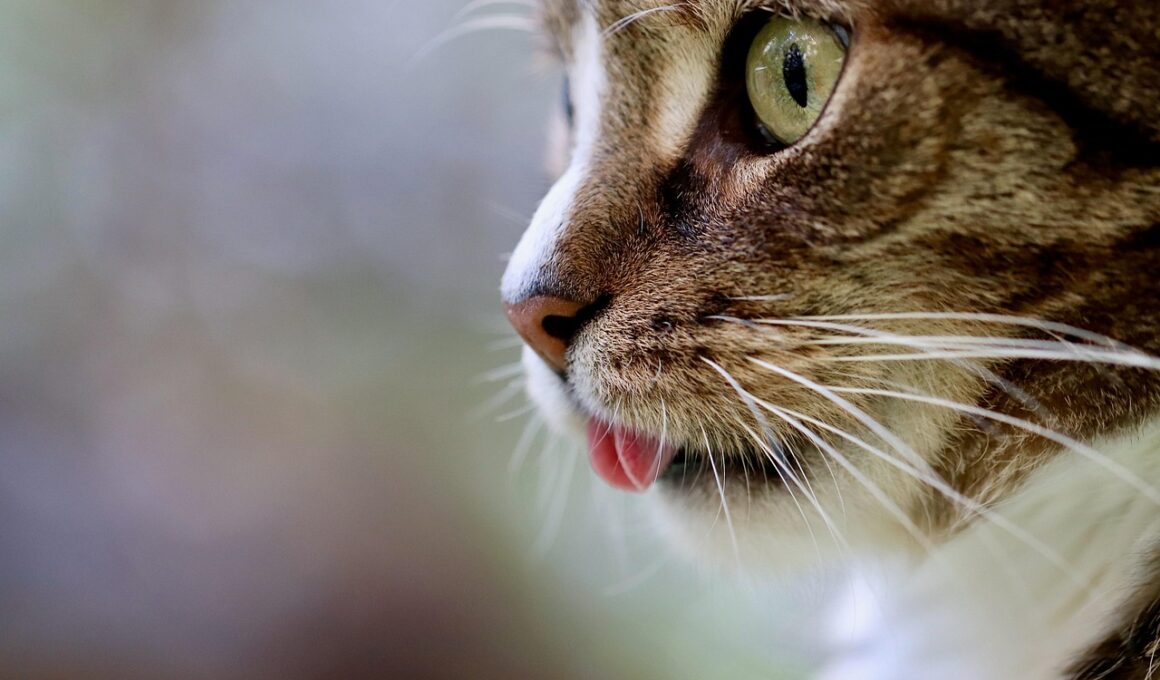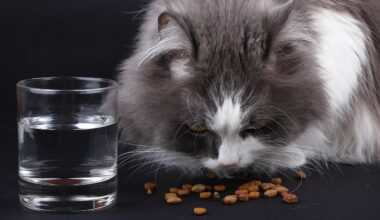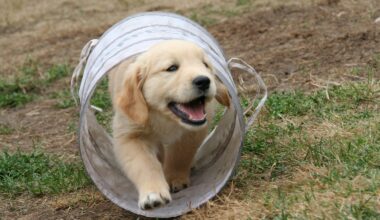Environmental Impact and Ethical Concerns in Cat Vaccine Production
The production of cat vaccines poses significant environmental impacts and ethical concerns. The vaccines are typically produced using live or inactivated viruses, which require specific laboratory conditions. These conditions can consume substantial amounts of energy and water. Additionally, the disposal of vaccine byproducts raises environmental questions regarding pollution and waste management. The manufacturing process often involves chemicals and materials that can have harmful effects on the environment. Therefore, the adoption of more sustainable practices in vaccine production is critical. Such practices would include the use of renewable energy sources, sustainable resource management, and minimized waste generation. Furthermore, many companies are exploring more eco-friendly packaging options to reduce plastic waste. Recognizing the call for ethical responsibility, some veterinarians advocate for vaccines only when they are necessary, promoting a balanced approach. While vaccines have been essential in preventing diseases in cats, minimizing their environmental impact is equally crucial. As a society, we must encourage transparency in vaccine production and urge manufacturers to adopt greener methods, ultimately benefiting both feline health and the environment.
Another essential consideration is the ethical weight of animal testing used in vaccine development. The manufacturing process often requires testing on live animals, which raises serious ethical questions about their treatment and welfare. Many believe that subjecting animals to potential harm for vaccine efficacy is unacceptable. In recent years, the focus has shifted to developing alternative testing methods that do not involve live animals, such as in vitro methods or computer simulations. These alternatives not only ensure ethical considerations are met but can also streamline the vaccine development process. Public concern has led to legislation aimed at reducing the necessity of animal testing. Educational programs about compassionate alternatives in biomedical research are also vital. Additionally, the collaboration between companies and animal welfare organizations can promote better practices within the vaccine industry. Ethically produced vaccines can enhance public trust and encourage more cat owners to vaccinate their pets. Transparency in the production process, along with rigorous ethical standards, can help to ensure that vaccines provide maximum health benefits while respecting the welfare of animals involved in their development.
The Role of Regulation in Vaccine Production
The role of regulation in cat vaccine production is paramount for ensuring safety and efficacy. Regulatory bodies, such as the FDA in the United States, are tasked with overseeing vaccine development processes. These regulations include comprehensive testing for safety, potency, and purity before any vaccine is approved for public use. Establishing rigorous guidelines can effectively mitigate the risk of vaccine-related adverse effects in cats. However, regulations must also consider ethical implications, addressing how animals are treated during the testing phases. Striking the right balance between rigorous standards and humane treatment of animals is an ongoing challenge faced by regulators. Advocating for enhanced transparency within the industry can foster trust among pet owners. It also serves to promote adherence to ethical practices. Additionally, regulatory bodies may require pharmaceutical companies to produce detailed impact assessments concerning environmental sustainability and animal welfare. As the discussions surrounding vaccine production continue to evolve, fostering public awareness about regulatory practices will be important. Informed pet owners can better appreciate the efforts made to protect both cats and the environment through regulations in the vaccination industry.
In assessing the environmental impact, we must also explore the role of vaccines in disease management. Vaccines significantly contribute to disease control, which can have broader ecological implications. Preventing the spread of infectious diseases in cat populations can ultimately lead to reduced euthanasia rates in shelters and less strain on animal care resources. Furthermore, responsible vaccination practices can minimize outbreaks, thus lowering overall veterinary expenditures related to treating infectious diseases. By decreasing the need for medical interventions, the environmental burdens associated with these treatments can be reduced. Additionally, unvaccinated cats can contribute to the spread of diseases, which affects not only feline populations but can also impact human health. Therefore, integrating a responsible vaccination strategy can result in a healthier community for both people and pets. Moreover, educating cat owners on the importance of vaccination is essential. Veterinarians should aim to convey the message that reducing disease prevalence through vaccination can be beneficial to the environment. Overall, responsible cat vaccination programs enhance both feline wellbeing and ecosystem health.
Community and Collaboration for Sustainable Practices
Promoting community involvement and collaboration among stakeholders is vital for developing sustainable vaccine practices. Veterinary clinics, manufacturers, animal shelters, and cat owners play crucial roles in fostering responsible vaccination. Collaborative efforts can help share knowledge, resources, and best practices regarding sustainable production methods. For instance, local veterinary practices can host community vaccination days. These events can educate cat owners on the importance of vaccination while allowing them to access services in an eco-friendly manner. Strong networks can facilitate communication among experts from different sectors, leading to innovative strategies that consider both animal welfare and environmental impacts. Furthermore, involving local governments and animal welfare organizations in vaccination campaigns can support resource efficiency. Public engagement in discussions surrounding vaccine ethics and production also fosters transparency. By emphasizing responsible practices, we can develop strategies that prioritize both pet health and environmental sustainability. Community support enhances the chances of implementing and maintaining these initiatives over time, creating a culture where sustainability becomes inherent in cat vaccination programs.
As we progress, it is essential to embrace technological advancements that can revolutionize vaccine production. The use of biotechnology and genetic engineering in vaccine development can potentially reduce environmental impacts and ethical concerns. For instance, vectored vaccines produced from genetically modified organisms may offer improved safety profiles, reducing the necessity for animal testing. Furthermore, advancements in production efficiency can minimize energy consumption and waste generation. These innovations not only benefit the environment but also enhance overall vaccine effectiveness. Likewise, artificial intelligence and machine learning can streamline the processes involved in vaccine research and development. Such technologies can lead to rapid identification of potential vaccine candidates, allowing for faster responses to emerging diseases. The role of innovation in addressing both ethical considerations and environmental sustainability cannot be overstated. Encouraging investment in research dedicated to green technologies can facilitate the transition toward more sustainable vaccine production. Ultimately, a forward-thinking approach that harnesses these advancements will ensure that cat vaccination strategies continue to evolve responsibly while maintaining high standards for animal welfare.
Conclusion: Moving Towards Ethical Vaccination
In conclusion, the intersection of environmental impact and ethical concerns in cat vaccination underscores the need for a multidisciplinary approach. It requires collaboration among veterinarians, researchers, manufacturers, and pet owners to address these challenges effectively. Raising awareness about the ethical implications of vaccine production can initiate conversations that lead to positive changes within the industry. By advocating for sustainable practices, stakeholders can minimize the ecological footprint while ensuring that cats receive necessary vaccinations. Our discussions should also encourage ongoing research into alternative vaccination methods that are more ethical and environmentally friendly. The future of cat vaccination requires a commitment to responsible practices that prioritize both pet health and ecological balance. Further, communicating the benefits of responsible vaccination can engage and mobilize the community, ensuring higher vaccination rates. With concerted efforts to address these issues, we can pave the way for an ethical and environmentally sustainable landscape in cat vaccination. Together, we hold the power to influence policies and methods, guaranteeing that we protect the welfare of cats alongside the Earth’s health for generations to come.
Ultimately, the goal is to create a system where cat vaccinations are not only safe but also biodegradable and produced with minimal harm to our planet. Consumers are becoming increasingly curious about the source and sustainability of the products they use, including vaccines for their pets. Manufacturers who align with these principles are more likely to earn the trust and loyalty of cat owners. It is crucial to balance the welfare of our feline friends while keeping environmental sustainability at the forefront. Therefore, we must advocate for practices that prioritize ethical considerations in vaccine production while continuing to educate pet owners about its importance. Only through such collaborative efforts can we ensure a healthier future for our cats and the environment they inhabit. In this context, every action counts and raising awareness can lead to impactful change. Community-driven initiatives about vaccination benefits will create an informed pet owner base. Overall, ethical considerations and environmental impacts are legitimate concerns in the cat vaccination landscape. Addressing these concerns head-on will develop a culture where compassion, innovation, and sustainability converge for the benefit of all living beings.


